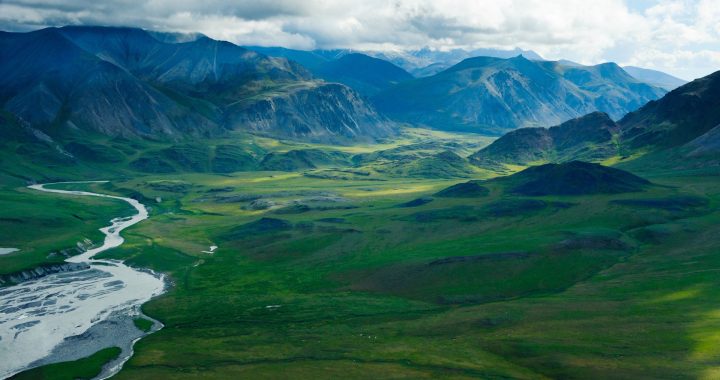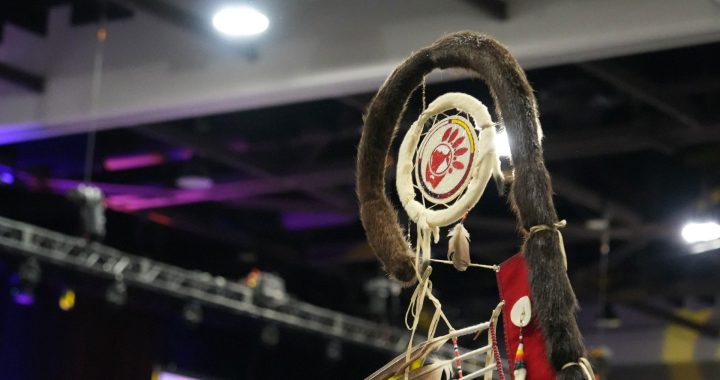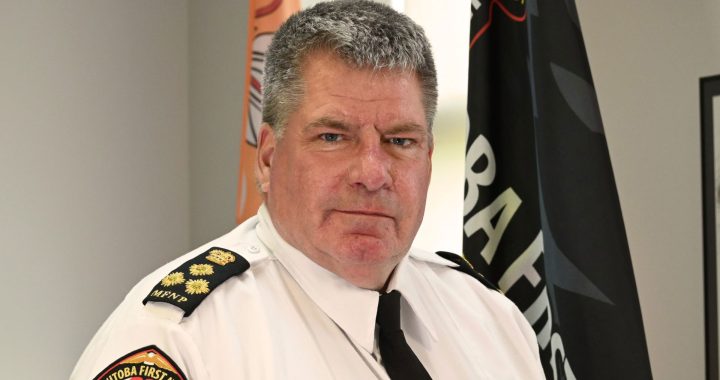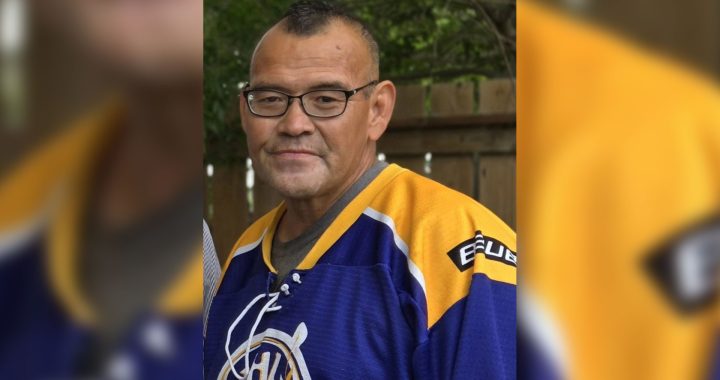Canada’s minister of Indigenous Services says the government feels it has no choice but to move forward on agreement in long-term reform of child welfare services that only includes First Nations in Ontario.
“The Chiefs of Ontario and Nishnawbe Aski Nation reached out to me and said, ‘Is there a path forward for our region because we want to stop litigation with Canada and we want to honour this work that our members have done and get this agreement with Canada,’” Patty Hajdu told Nation to Nation host Fraser Needham. “It doesn’t make sense to look two of the four litigants in the eye and say, ‘No, you must continue to sue us.’”
At an Assembly of First Nations meeting in Calgary last October, chiefs voted overwhelmingly to defeat a $47.8 billion proposed ten-year agreement on child welfare reform that had been negotiated between Assembly of First Nations, Chiefs of Ontario (COO) and Nishnawbe Aski Nation (NAN).
The deal had been heavily criticized by organizations like the First Nations Child and Family Caring Society and chiefs outside Ontario for being negotiated behind closed doors, lacking adequate consultation and providing no guarantees money would continue to flow if there is a government change.
On the same day the government issued a press release announcing it was moving forward in negotiations with COO and NAN, the AFN issued its own statement saying it had received a letter from Ottawa that stated its mandate on long-term reform of the First Nations Child and Family Services Program “does not permit further negotiations at a national level.”
Read More:
Chiefs in Ontario rushing to get child welfare deal done before possible change in government
Hajdu seemed to indicate the government is open to further negotiations with the AFN at some point down the road but this is difficult to do when there is a lack of consensus within the organization on what the best forward on child welfare reform is.
“There is a lot of controversy about who should be leading that work,” she said. “That’s not something the federal government can determine. In fact, if the federal government was to plow forward in any way that would be disrespectful of the multitude of voices right now, I think that would also be seen as colonial and oppressive.”
Whether or not the government would be willing to change any of the terms of the original final settlement agreement remains unclear.
For his part, the head of the COO said his organization didn’t feel it could wait any longer for a national deal on First Nations child welfare reform to be worked out.
“We went back to our chiefs in our region and in conversation with them they said, ‘We’re comfortable with this agreement we have,’” AFN Regional Chief for Ontario Abram Benedict said. “’We want to end discrimination against children today, not tomorrow. All the elements we think acknowledges the uniqueness of Ontario is in there and we want to advance this.’”
Justin Trudeau’s legacy, a ‘mixed bag’
A First Nations professor at Toronto Metropolitan University says Justin Trudeau’s legacy is best described as a “mixed bag” when it comes to Indigenous issues.
Pam Palmater said the prime minister oversaw a Liberal government that has rammed through oil and gas pipelines, failed to make substantive progress on free, prior and informed consent with Indigenous communities and has not reached an agreement on long-term reform in child welfare with all First Nations.
At the same time, she said Trudeau enacted legislation on the United Nation Declaration on the Rights of Indigenous Peoples, launched the national inquiry into Missing and Murdered Indigenous Women and Girls and reached a compensation deal for First Nations children and families living on-reserve who have been discriminated against by the child welfare system.
Earlier this week, Trudeau announced he will be stepping down as prime minister once a new Liberal leader is in place after almost ten years in the job.
Regardless of some of the missteps of the Trudeau government on Indigenous issues, Palmater warned what lies ahead is likely much worse if Pierre Poilievre and the Conservatives form government in the next federal election.
“Under Pierre Poilievre, his mantra is, ‘Trudeau is awful, Trudeau is responsible for worldwide inflation,’” she said. “So, when it comes to Indigenous issues you don’t see really clear answers.
“You see him only reference things in terms of natural resources extraction. If you look at his record and anything he has said in Parliament, it doesn’t look good for First Nations, in particular and Indigenous women and girls.”












